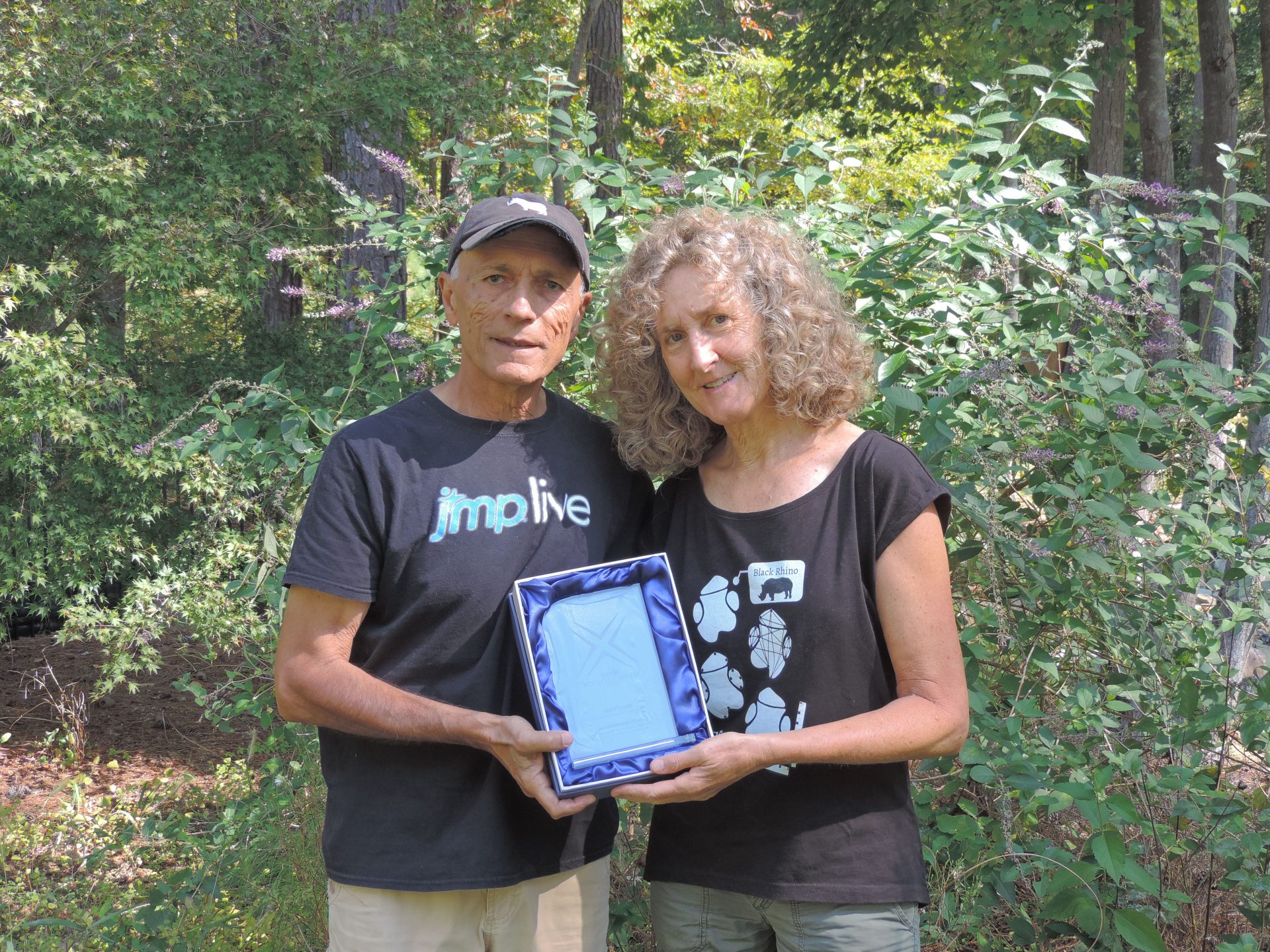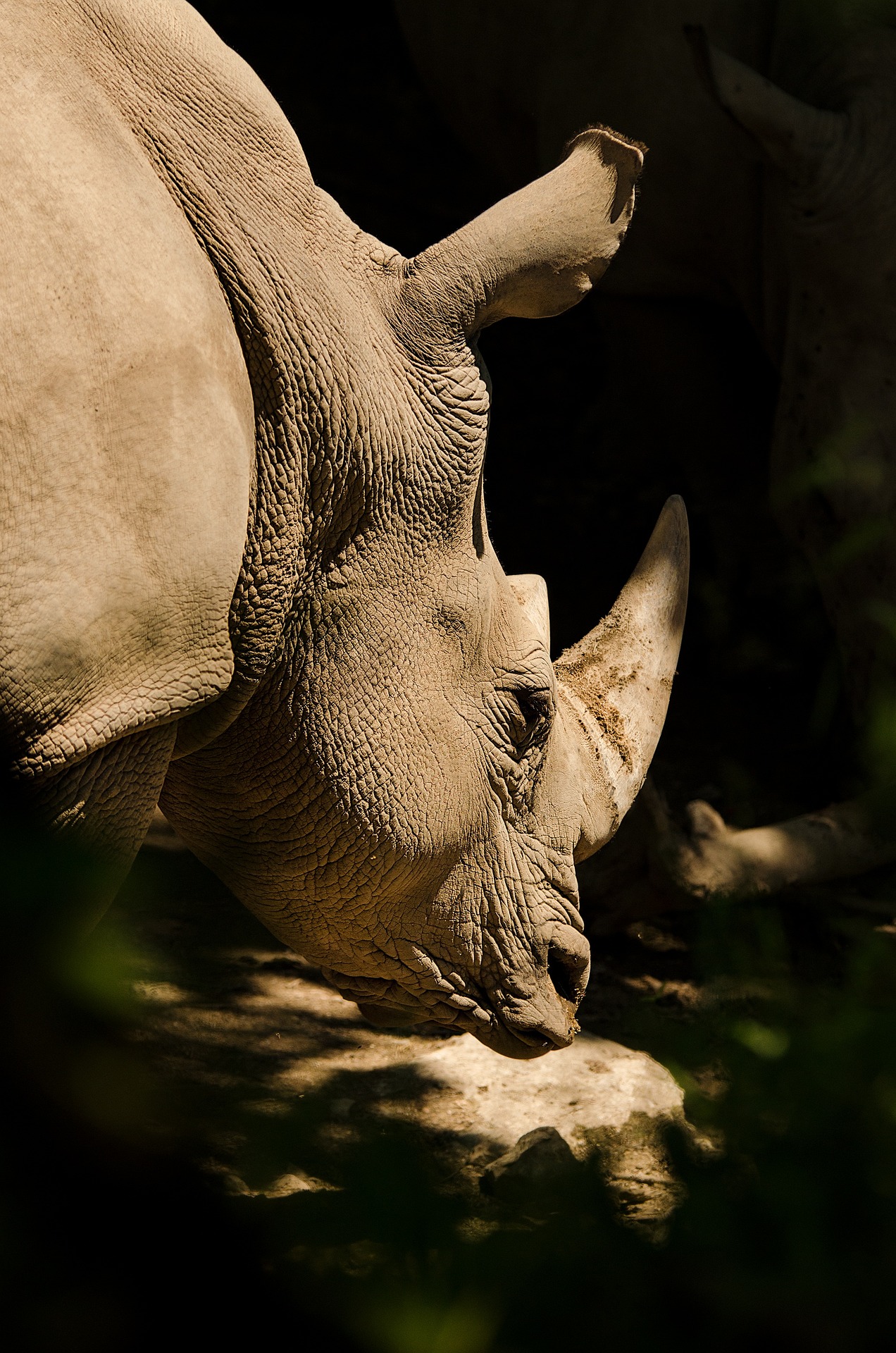Achievements & Awards
WildTrack has won several awards and achieved many milestones

Awards
WildTrack has won several awards:
- 2022: The ‘Otter Oscar’ for best research paper from the International Otter Survival Fund in 2022
- 2020: The Hal R. Varian award for our AI analytical pipeline
- 2020: The AUSVI award for the innovative use of drones for wildlife protection
- 2019: Two Emmy Awards for a documentary featuring our work in Namibia
- 2002: The Smithsonian Computerworld Award in the Energy, Environment and Agriculture category

Achievements
We have:
- Helped protect endangered species across 5 continents from black rhino in Namibia to mountain lion in the Americas and Giant panda in Asia from the threats of poaching, habitat destruction and human:wildlife conflict.
- Built a global network of 35+ species monitoring projects using FIT across all continents, many of which center indigenous communities.
- Built an award-winning AI pipeline for rapid classification of data that currently holds ~18,000 footprints from a rapidly growing range of contributing groups covering 80+ species.
- Developed full FIT morphometric and AI algorithms for 18 endangered species, with many more currently in development.
- Introduced the use of FIT to indigenous groups around the world and learned that their regenerative ITEK, based on observations of nature, could help reverse our degenerative interactions with wildlife. ITEK’s biocentric philosophies create stability and flexibility where extractive Anthropocentric models have failed.
- Built an award-winning drone interface for aerial data collection that will help monitor biodiversity at the landscape level. If flown responsibly, this can be done without disturbing animals and can also help directly with anti-poaching activity.
- Built a custom app, “WildTrackAI”, on iOS and Android, to allow seamless data collection either on or off-line in any field location and focusing on accessibility using language-independent iconography that we plan to develop for use in 72 languages.
- Engaged a global network of research collaborators including Harvard University computer science and Harvard University post-graduate Dept. of Education, UC-Berkeley data science, University College London computer science, senseFly drones, Skydio drones and JMP Data Visualization software.
- Engaged a global network of volunteers and part-time staff in data architecture, artificial intelligence, federal security, conservation biology, K-12 education, community-science and indigenous trackers.